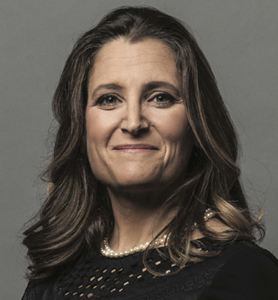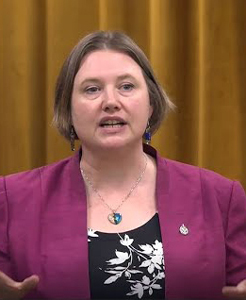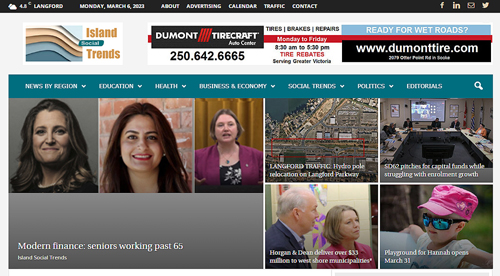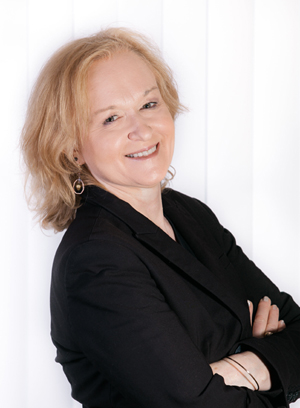
Monday March 6, 2023 | LANGFORD, BC
Editorial by Mary P Brooke, Editor | Island Social Trends
This is a Monday morning editorial about seniors. Even if you’re not in your 60s, this is important… it’s about your current older family members, the degree to which you might be expected or required to support them, and your own future retirement years.
Today Canada’s Minister of Seniors, Kamal Khera, announced that Canada is joining the United Nations Open-Ended Working Group on Ageing (OWEGA).
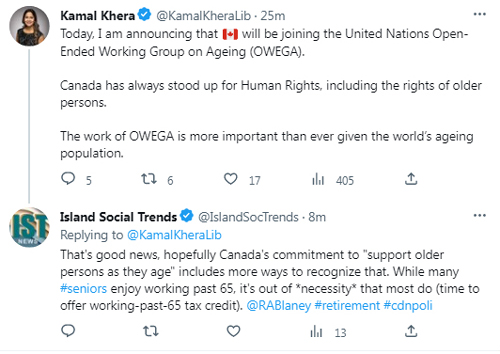
While all work toward understanding the needs of aging populations — and acting upon those understandings — is important, the extraordinarily broad approach of the United Nations might not be well-adapted to specific needs of the Canadian society and population.
Of course it’s good news that Canada has a commitment to “support older persons as they age”. But in Canada that includes the very real component of many seniors working past age 65. Many probably enjoy being active and interactive with society and the workplace beyond the official Canadian retirement age of 65 years, but it’s out of *necessity* that most do.
In that context, it’s time for the federal government to offer a working-past-65 tax credit. This is recommended by some economists, as was heard at the Economic Outlook meeting that was held by BC’s Finance Minister in 2021.
The credit would likely not be enough to make a huge difference in economic lifestyle, but would be a signal to recognize and normalize the experience of older Canadians working at ages that previous generations saw in retirement and possibly poor health.
Advancements in preventative and restorative health over the past few decades have contributed to people living well — and actively — into their 80s and 90s.
Working past 65:
Working beyond age 65 years is ‘the new normal’ within the range of lifestyles being led by seniors in Canada now. Generating income at that age could mean ‘going to the office’ or retail space, but also running a small business from home or providing a service in the community.
Greater financial equity for women could be a spin-off from supporting seniors in the working sector. Most low-income seniors are women (a sad result from decades of systemic misogyny in the work world).
An additional benefit to a working-past-65 tax credit would be as a signal to employers that hiring older folks is normalized, and that jobs could be adapted or even newly created to serve that sector of the working population.
The experience and wisdom of people in their 60s and 70s could be a plus for many workplaces. The work world is not so much the ‘young adult party’ that it used to be. The full profile of Canadian adult society can be reflected in the workplace too.
OAS & GIS:
The Canadian government already implicitly recognizes that people work past 65. That’s seen in the Old Age Security boost to people age 75+ but not for people age 65 to 74.
Last month NDP Seniors Critic Rachel Blaney spoke in the House of Commons about the Guaranteed Income Supplement (GIS) being increased for low-income seniors who are age 65 to 74. That might be the best (most immediate) mechanism to help seniors age 65 to 74 at this time. Fingers crossed for Finance Minister Chrystia Freeland including that in the upcoming federal Budget 2023.
“Canada has always stood up for Human Rights, including the rights of older persons. The work of OWEGA is more important than ever given the world’s ageing population,” said Seniors Minister Kamal Khera on Twitter today. Hopefully that includes the robust senior sector as well as the frail, including economic security as well as supports for those who need them.
Blaney said today: “As the budget comes closer we are asking for: an increase for seniors 65 to 74 of OAS, increase of GIS to being seniors to a livable income, tax fairness for single seniors and long term care standards that are mandated. Seniors deserve better.”
Home care support:
Last month the BC Seniors Advocate pushed for home care to be provided free (as it is in Ontario and Alberta), showing evidence that it’s cheaper than someone living in a government-subsidized care home.
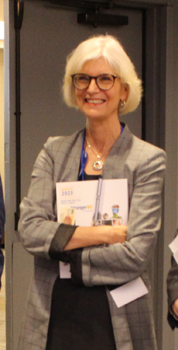
Perhaps one of the first high-profile things Khera can do in 2023 is to make home care available free to low-income seniors across the country.
A little bit of home care support might enable seniors over age 65 to keep working gainfully, as part of their self-support into retirement.
===== RELATED:
BC Budget 2023: affordability and investments, but three deficit years upcoming (Feb 28, 2023)
Seniors home care needs more workers & shift to no-fee (Feb 23, 2023)
Blaney goes to bat for low-income seniors (Feb 15, 2023)
Creative flexibility needed in request for federal health care funding (Dec 9, 2022)
===== ABOUT ISLAND SOCIAL TRENDS:
Island Social Trends emerged in mid-2020 from a preceding series of publications by founder/editor Mary P Brooke and published by Brookeline Publishing House Inc, covering news of the Vancouver Island region, BC and national issues through a socioeconomic lens.
The publication series began as MapleLine Magazine (2008-2010), then morphed to a weekly print newspaper Sooke Voice News (2011-2013), and then into the weekly PDF/print West Shore Voice News (2014-2020). The news at IslandSocialTrends.ca (2020 to present) is entirely online.
Among many other qualifications, long time journalist Mary Brooke, holds a B.Sc. in Foods and Nutrition, a university Certificate in Public Relations and an industry certificate in digital marketing. She reports with the BC Press Gallery.
ARCHIVES: POLITICS | EDUCATION | ECONOMY | TRANSPORTATION | FOOD SECURITY | GUARANTEED INCOME SUPPLEMENT ARTICLE/ARCHIVE




